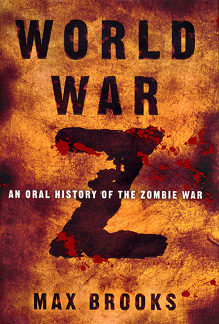The news story: The Supreme Court legalized same-gender marriage. I, like the rest of the country, had been watching for several weeks as headlines grew more frenzied with the approach of the Court's decision in regards to gay rights.
The book: Midnight Cowboy. This bittersweet novel from 1965 follows the career of Joe Buck, a naive young man who moves from Texas to New York City, planning to survive by hiring his services out to rich women.
The intersection: my complete and total surprise at finding out that the book's author, James Leo Herlihy, was gay.
 |
| James Leo Herlihy |
As I read the book, it simply didn't occur to me that Cowboy was a gay novel. Sure, Joe sometimes had sex with men, but that was just for money. His friendship with Rizzo never struck me as anything but platonic. (I admit that sometimes a story's too-subtle undercurrents may elude me.)
So here again we have the question coming into play about how much outside knowledge we should bring to our reading. Does the fact that the author is gay mean the work is? Even when the wording never suggests anything even remotely romantic in the male-to-male friendship? Another author/work pair that comes to mind is Tennessee Williams and Cat on a Hot Tin Roof. Is that merely a "gay" drama? (Herlihy and Williams used to swim together at twilight in Key West, Florida.) How about Truman Capote's Breakfast at Tiffany's? Can't that be looked at as a fine story without seeing it as the work of a gay man? How much should the reader infuse into the book? When does a book stop being the author's and become the reader's? How different would my reading of the book have been had I known Herlihy's sexual orientation beforehand?
Another point: On 21 October 1993, Herlihy overdosed on sleeping pills. The next day, the New York Times reported that the cause of death was revealed by Joe Frazier, "a friend." Although understanding human motivation remains nothing but guesswork, one cannot help wondering if Herlihy would still have killed himself after this week's Court decision.

